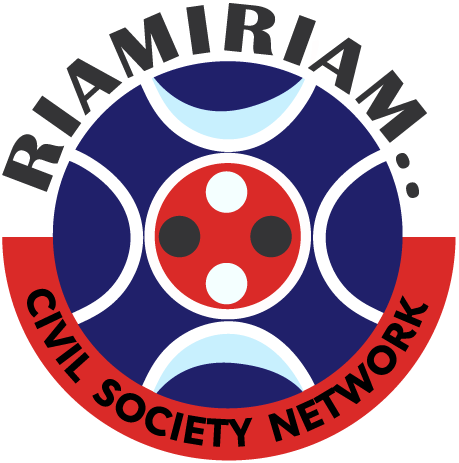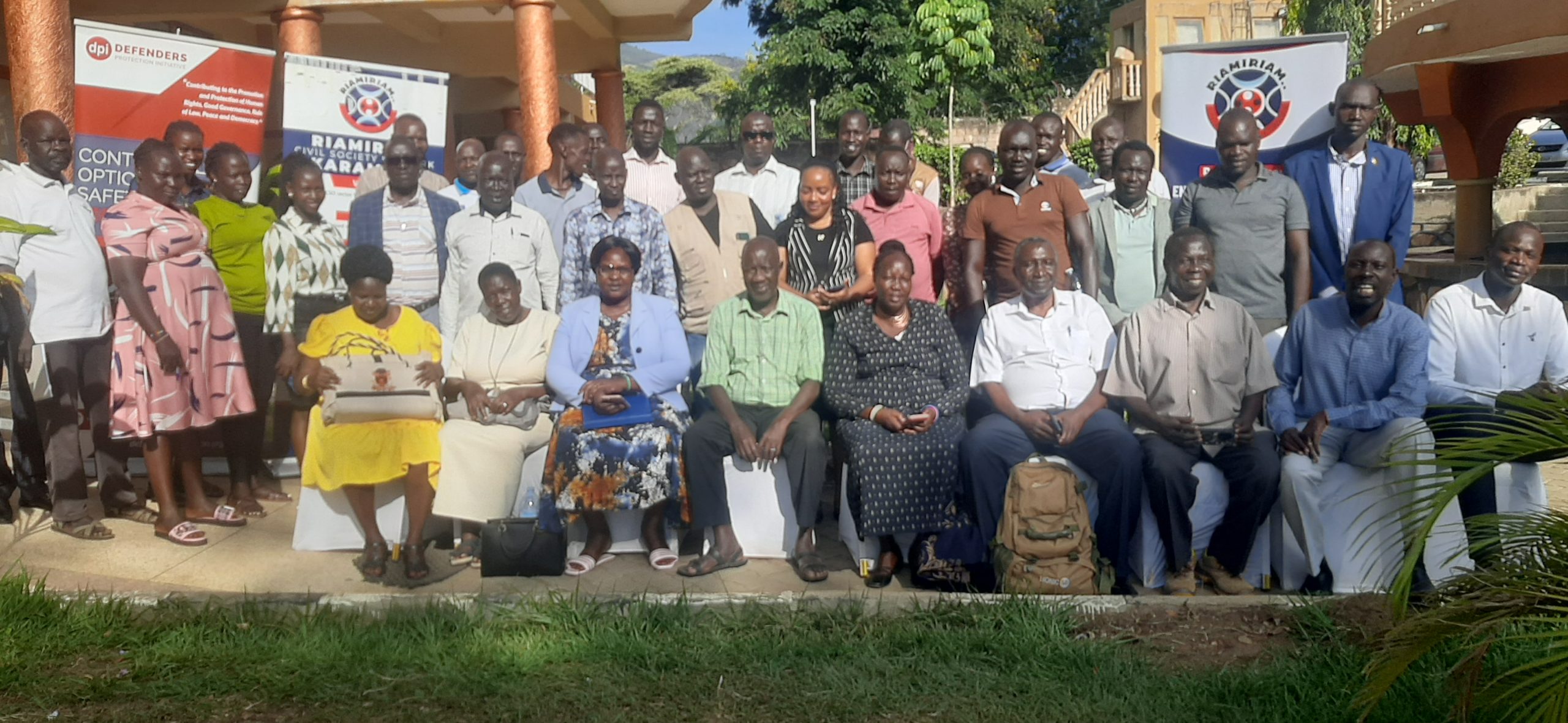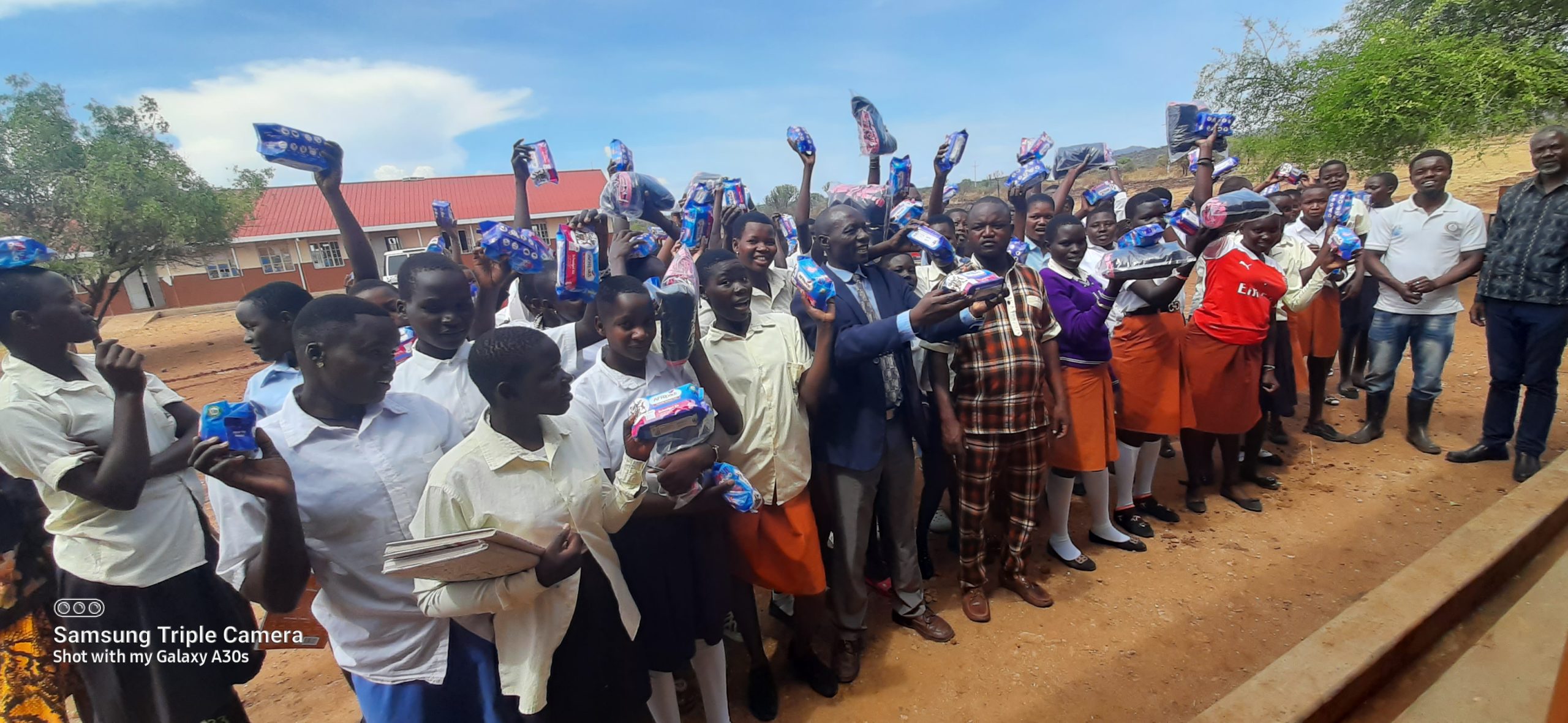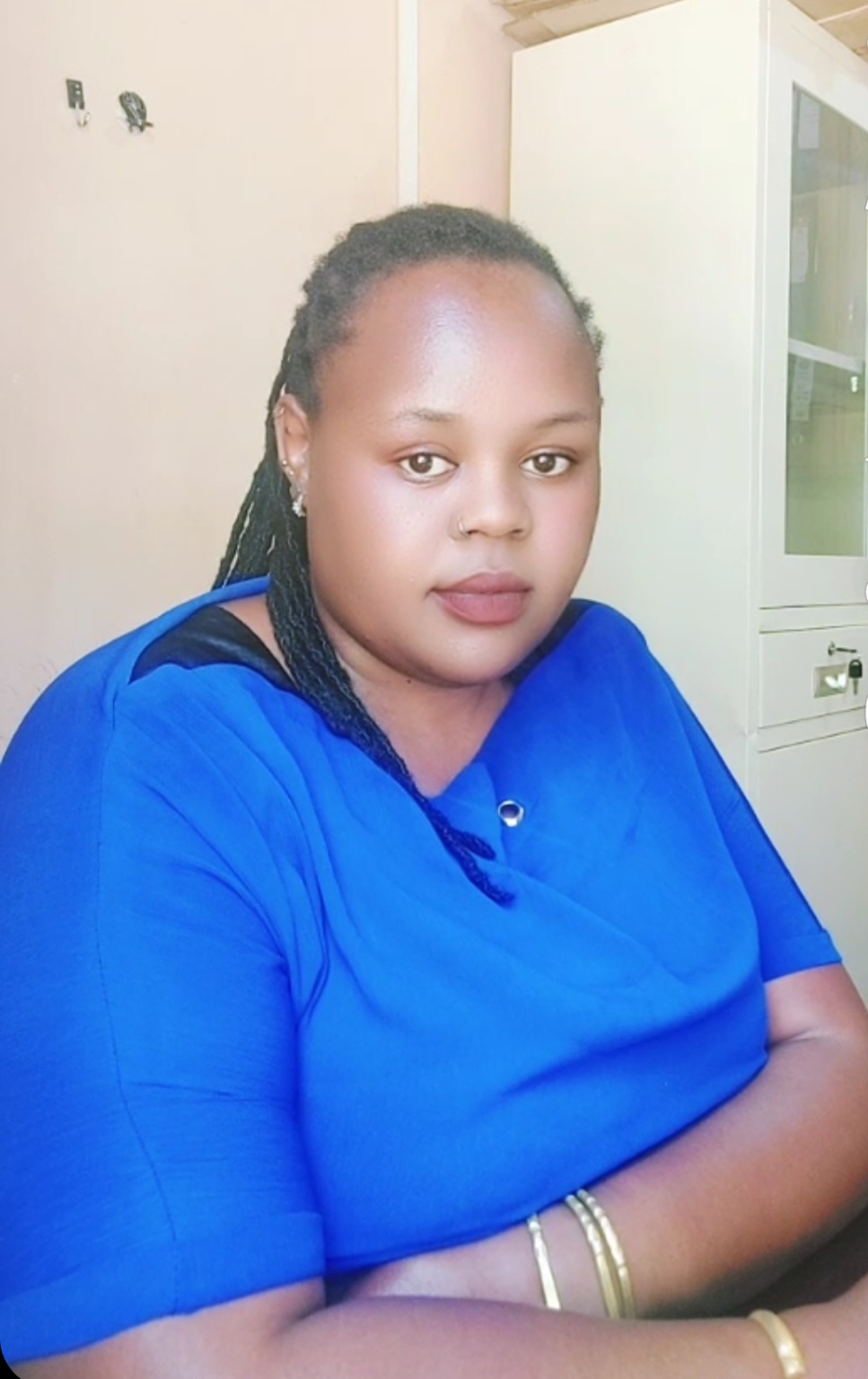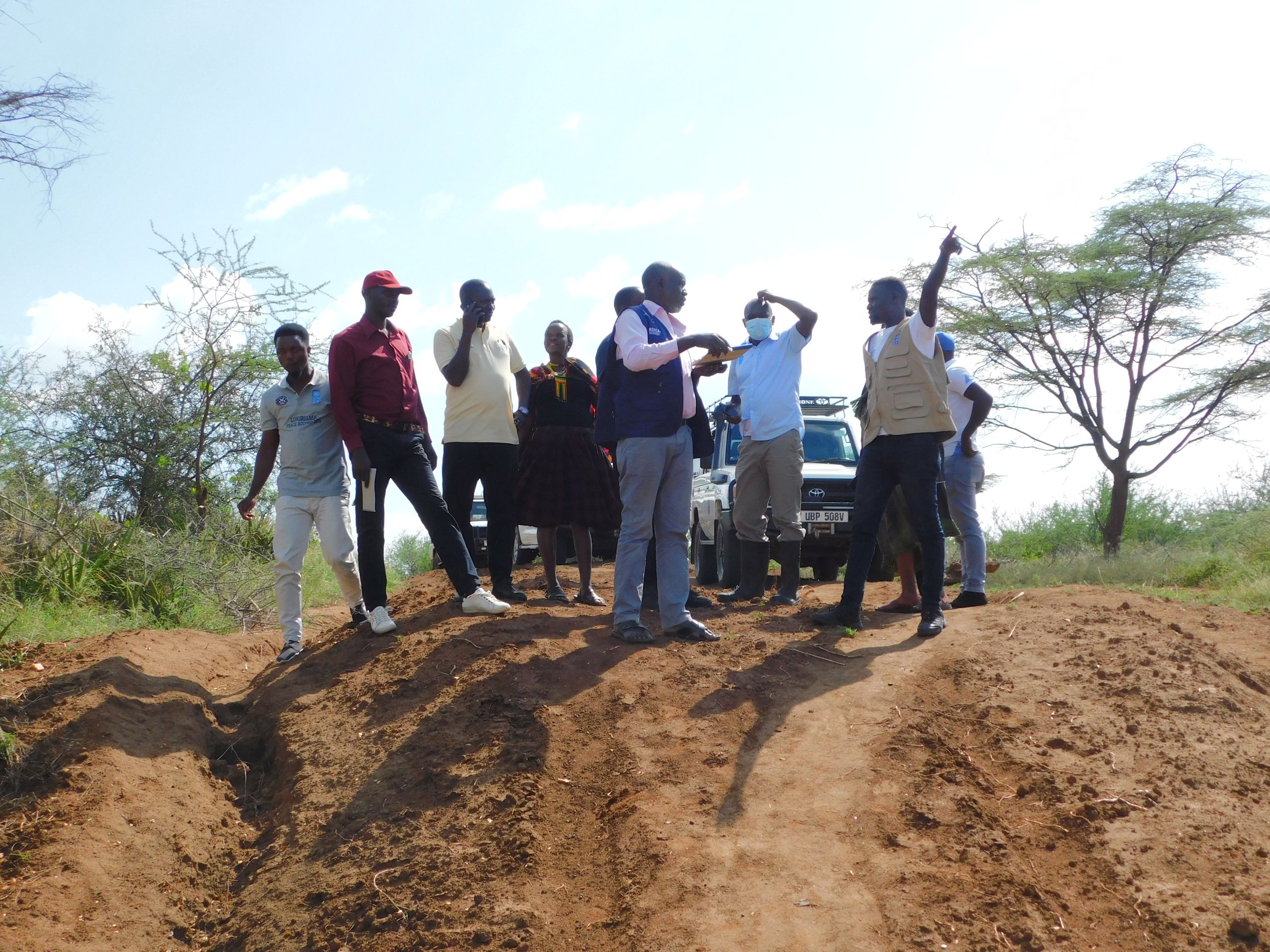
Access Denied: The Plight of Women Living with HIV in Karamoja
In the remote Lonyasan village in Rupa sub-county of Moroto District, Karamoja, 24-year-old Sagal Esther (name changed to protect her identity) daily life is a testament to the unforgiving challenges faced by women living with HIV/AIDS. Her story is a stark reminder of the obstacles that hinder access to essential healthcare services in this marginalized hard to reach and hard to stay Karamoja sub region of Uganda.
Esther’s day begins before dawn, as she embarks on a gruelling 20-kilometer journey to Rupa Health Centre 111; the nearest health Center to collect her life-saving antiretroviral therapy (ART) refills.
However, her journey has become significantly easier thanks to the Korea International Cooperation Agency (KOICA) and United Nations Development Program (UNDP) Building Resilience in Conflict and Fragile Communities in Karamoja (BRICK) project`s cash for work activities, which enabled the community to open up the community access road from her village of Lonyasan to Rupa health center.
“The road was impassable and it would take me hours to pass via a longer accessible road to the health center,” Esther recalls her voice laced with exhaustion. “But I had no choice. I needed my medication to survive.”
“But now with the access road opened, I can get there mush faster and easier. It’s been a game changer to me.”
Compounding Esther’s challenges is her husband’s refusal to undergo HIV testing, despite her repeated pleas. This not only puts Esther’s health at risk but also perpetuates the stigma surrounding HIV/AIDS in the community.
“Esther`s story is a heart-wrenching example of the human rights violations faced by women living with HIV/AIDS in Karamoja,” says Richard Omoding, Executive Director of Riamiriam Civil Society Network-Karamoja. “The right to health, dignity, and equality are fundamental human rights that are being denied to these women. We must amplify their voices and demand action from our leaders.”
Dr. Hans Lokubal, the District Health Officer (DHO) of Moroto, acknowledges the challenges faced by women like Esther. “We recognize the difficulties in accessing healthcare services in our district, particularly for those living in remote areas. We are working to strengthen our health system and improve access to essential services, including HIV/AIDS and TB treatment.”
Stigma and discrimination remain a major barrier to reduce new HIV infections among young women and girls in Uganda, who are often unwilling to seek help.
According to Uganda`s Ministry of Health, the HIV prevalence in Uganda in 2020 was 5.4% among adults aged 15–49. The prevalence was higher among women, at 7.2%, than among men, at 4.3%.
Over a decade ago, the prevalence in the Karamoja region was significantly lower than the rest of Uganda standing at only 1.7% in 2000, according to the Uganda AIDS Indicator Survey (UAIS). However, this has changed very quickly. According to the 2020 Uganda Population-Based HIV Impact Assessment (UPHIA 2020), the prevalence of HIV in Karamoja has risen to 2.1%.
As Esther’s story illustrates, the challenges faced by women living with HIV/AIDS in Karamoja’s rugged terrain are multifaceted and demand a comprehensive response. It is imperative that we prioritize their human rights, address the systemic barriers to healthcare access, and support initiatives that promote equality, dignity, and justice for all.
Join the conversation: Share Esther’s story and demand action for women living with HIV/AIDS in Karamoja. #EndHIVstigma #HealthForAll #Karamoja#KOICA#UNDP#RIAMIRIAM
